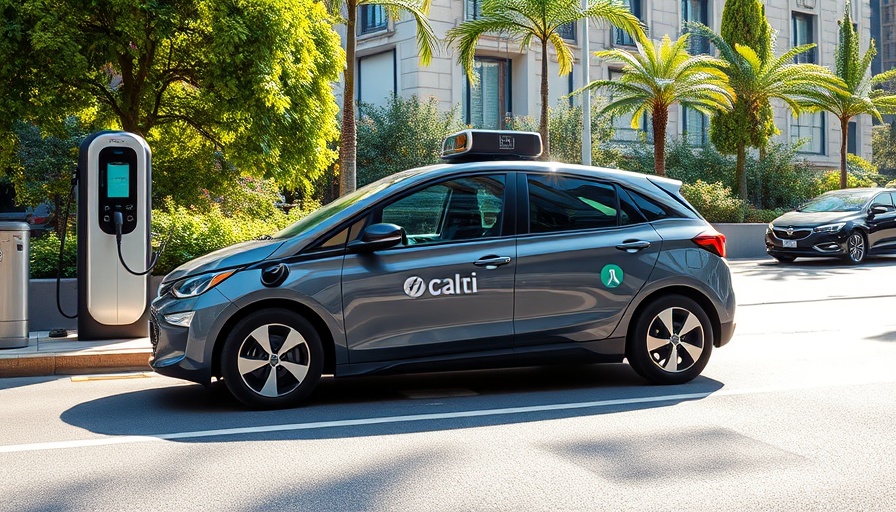
Lyft's European Expansion: The Acquisition of FreeNow
In a significant move aimed at expanding its market presence in Europe, Lyft Inc. has announced its acquisition of FreeNow for $197 million. FreeNow, a multi-mobility platform that provides an innovative array of transportation options, offers Lyft a strategic advantage as it seeks to compete more effectively against its main rival, Uber Technologies Inc., in the European market. This acquisition could redefine ride-hailing services in Europe and empower Lyft to better serve its growing customer base.
Understanding FreeNow: A Comprehensive Mobility Solution
FreeNow, initially launched in 2009 as mytaxi, has solidified its presence across nine European countries and over 150 cities. The platform is not just a ride-hailing service; it's a comprehensive mobility solution that encompasses taxis, private hire vehicles, car rentals, e-scooters, e-bikes, e-mopeds, and even public transport — all accessible through a single app. This versatile offering simplifies travel for individual riders and businesses alike. For companies, FreeNow has become an integral mobility partner, with over 15,000 firms utilizing its services.
The Growth Strategy of Lyft: Insights and Implications
This acquisition is likely to enhance Lyft's growth strategy significantly. Lyft's CEO, David Risher, emphasized that joining forces with FreeNow aligns with their customer-focused mission, which echoes Lyft’s own values. The addition of FreeNow is projected to nearly double Lyft’s total addressable market to more than 300 billion personal vehicle trips annually and boost gross bookings by approximately €1 billion (or $1.14 billion).
Future Projections: What This Means for the Industry
The deal—expected to close later this year—underscores a broader trend in the mobility industry where companies are looking to diversify their offerings and global reach. Lyft’s strategy may inspire other players in the ride-hailing and mobility sectors to explore acquisitions or partnerships as a means of expanding their operational footprint.
Possible Counterarguments: Concerns and Challenges Ahead
While the acquisition reflects a strategic move for growth, challenges remain. Regulatory hurdles in Europe may complicate the integration of FreeNow into Lyft’s operations, as differing local laws and mobility regulations vary widely across countries. Furthermore, competition from autonomous vehicle services and other mobility startups should not be underestimated.
As the mobility landscape continues to evolve, Lyft’s acquisition of FreeNow represents a notable shift towards comprehensive transport solutions aimed at enhancing customer service and improving urban mobility.
 Add Row
Add Row  Add
Add 




Write A Comment